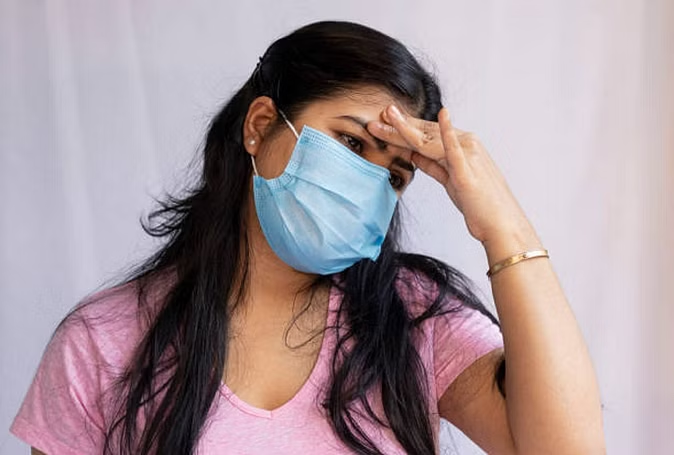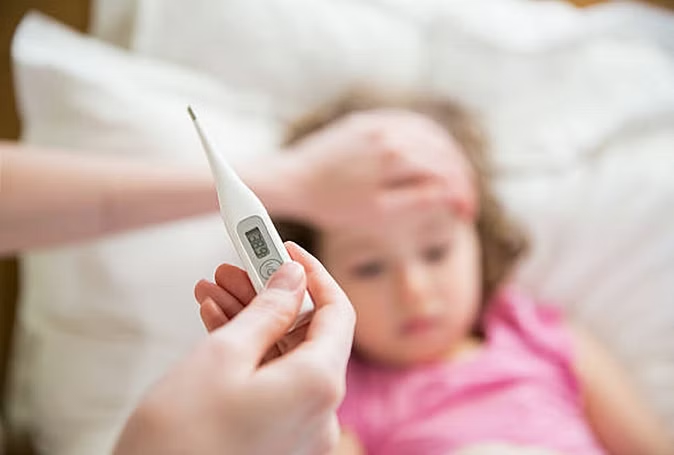These days, cases of mosquito-borne diseases are increasing in the capital Delhi-NCR. The number of patients in both government and private hospitals has increased, however, it is a matter of relief that most of the people are recovering easily and returning home. Cases of serious diseases are being seen only in those people whose immunity is weak or who already have comorbidities. Health experts say that all people need to keep taking measures to prevent mosquito bites these days because no one can be considered safe from these diseases.

Doctors say children may be more at risk of getting severe forms of dengue, so everyone should be careful about preventive measures. According to the information received from the hospital, in the last month, along with dengue, cases of malaria have also increased. Both of these diseases can be serious risk factors in some situations.
More than 5,000 dengue cases by mid-September
According to the National Center for Vector Borne Disease Control (NCVBDC), more than 5,000 cases of dengue were reported in Delhi till mid-September this year. This is much more than the dengue cases reported during the same period in previous years. However, the Municipal Corporation of Delhi (MCD) has not released any recent report regarding dengue in Delhi. The last official report came in the first month of August. Along with dengue, malaria patients are also increasing in Delhi in the month of September-October, during which 352 cases have been reported.
Many symptoms of both these diseases are similar, let us know how to know whether you have the problem of dengue or malaria.
What do health experts say?
Talking to Amar Ujala, Dr. Shrey Srivastava, a specialist in the Intensive Care Unit at the hospital in Greater Noida, says that most of the dengue cases are being seen as asymptomatic, and only one out of four cases is showing symptoms. People suffering from severe infection may suffer from headaches, vomiting, high fever, and joint pain. About 5 percent of people with the disease are suffering from hemorrhagic fever including internal bleeding and side effects on other organs.
Along with dengue, cases of malaria have also increased these days, their symptoms may be similar, hence everyone needs to differentiate between them.
Symptoms of dengue and malaria
Some symptoms of malaria and dengue are similar, these days it is important to keep paying attention to such symptoms so that they can be easily differentiated.

In the case of dengue, there may be a sudden high fever along with headache, burning sensation in the eyes, problems with loss of appetite, bleeding from the gums and rashes, and rashes on the skin. In the case of malaria, there is a risk of fever along with chills, vomiting, dry cough, sweating, and unconsciousness.
How to know why you have having fever?
These days, if you are troubled with the problem of high fever, then it is important to first know whether you have dengue or malaria.
In malaria, there may be weakness and chills along with an increase in fever in the evening, whereas in dengue, there may be high fever along with joint, and muscle pain and headache along with skin rashes and rash. With these symptoms, you can easily differentiate the disease. However, to confirm the disease, get a blood test done on the doctor's advice.
(PC: iStock)










